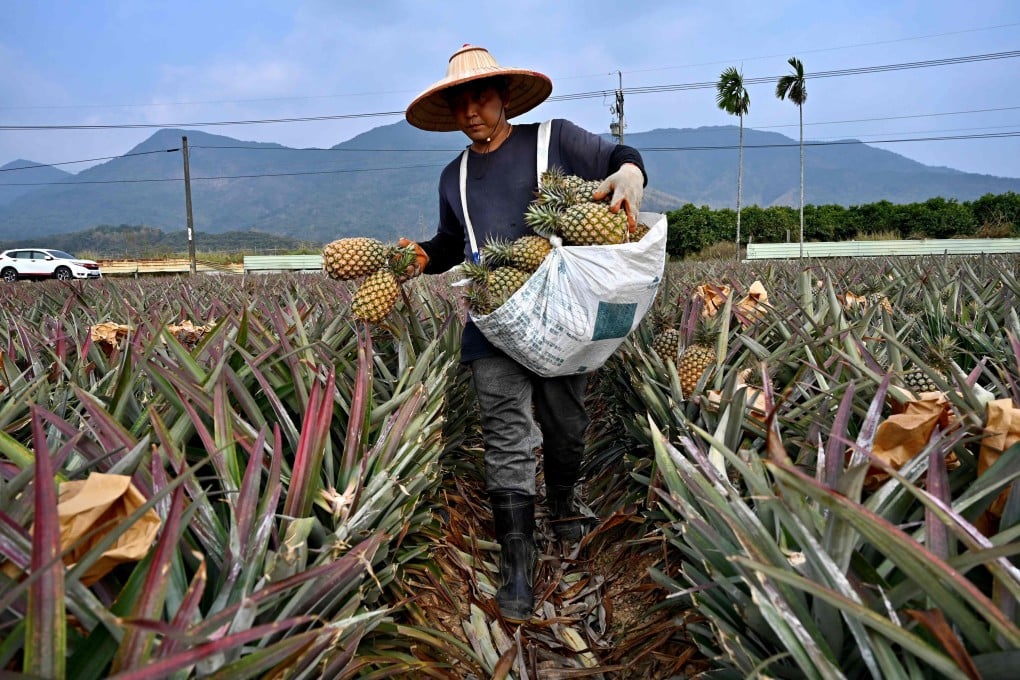Letters | Who wins in Chinese ban on Taiwan pineapples
- As with China’s trade action against Australian wine, the mainland’s ban on Taiwanese pineapples has inspired international cooperation, setting Taiwan on the path to export diversification

This argument is narrowly conceived. Indeed, Taiwan used to rely heavily on the Chinese market, with more than 90 per cent of its pineapple exports going to the mainland.
However, Japan has now ordered more than 10,000 tons of Taiwanese pineapples, at least five times more than the 2,144 tons it imported last year. The US and Canada have hailed Taiwan’s “freedom pineapples”. The Chinese ban could well be the catalyst for the greater globalisation of Taiwan’s trade.
However, Australian citizens and parliamentarians from 19 countries launched a global campaign urging people to buy Australian wine, which led to a 22 per cent increase in Australian wine exports to Europe, offsetting the trade pressure from China. It has also made Australia aware of the consequences of over-reliance on the Chinese market and of the importance of finding more markets.
